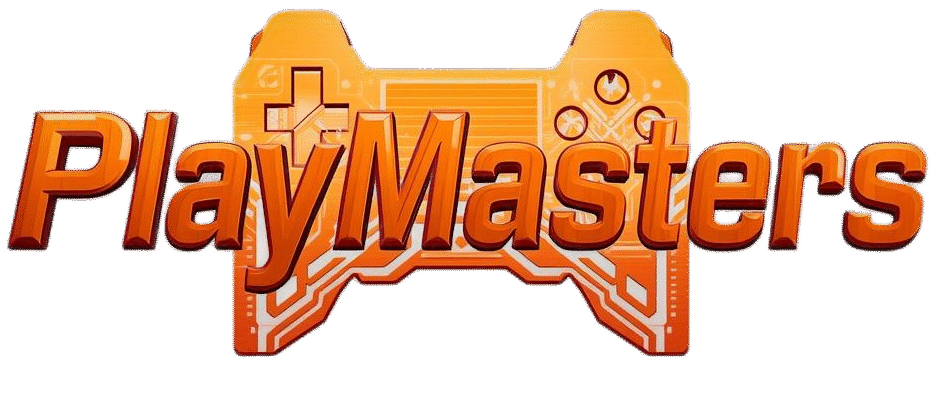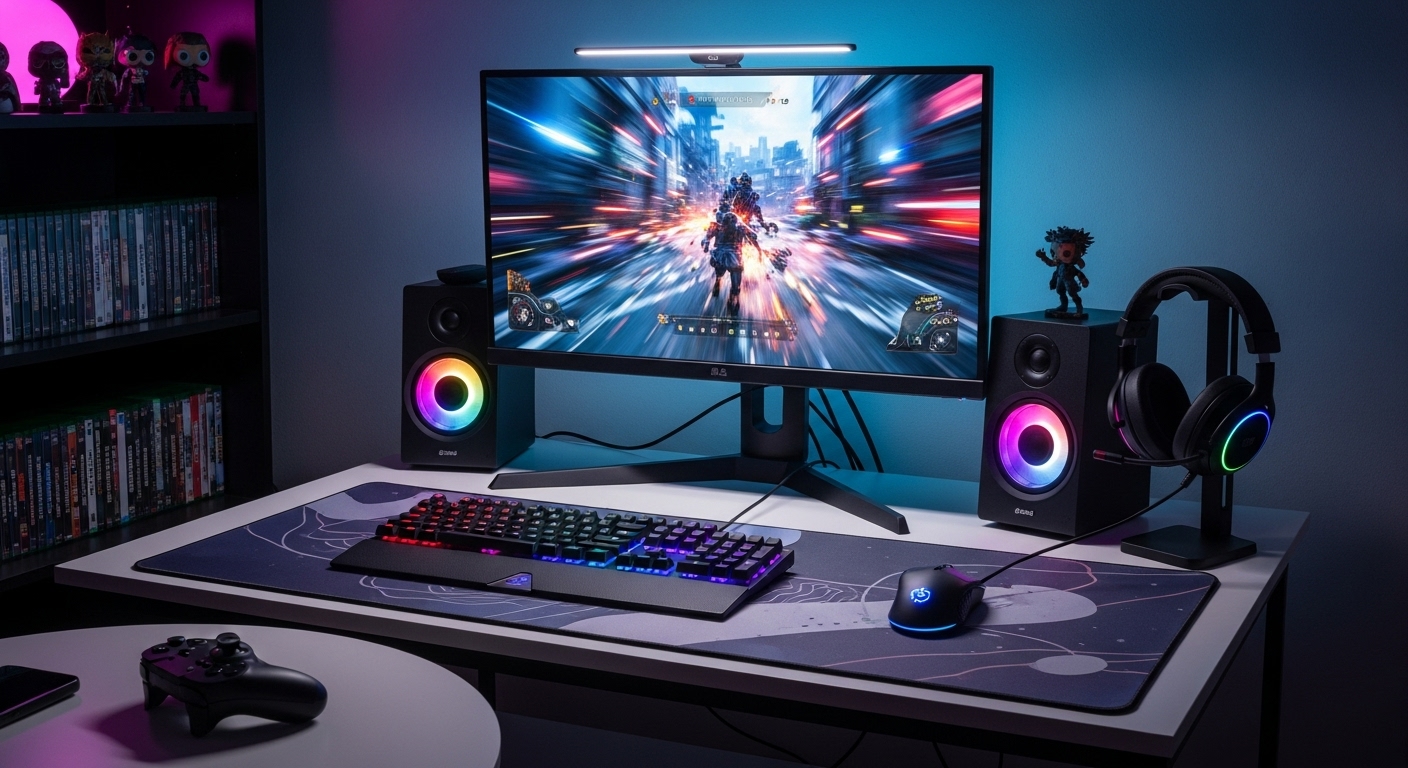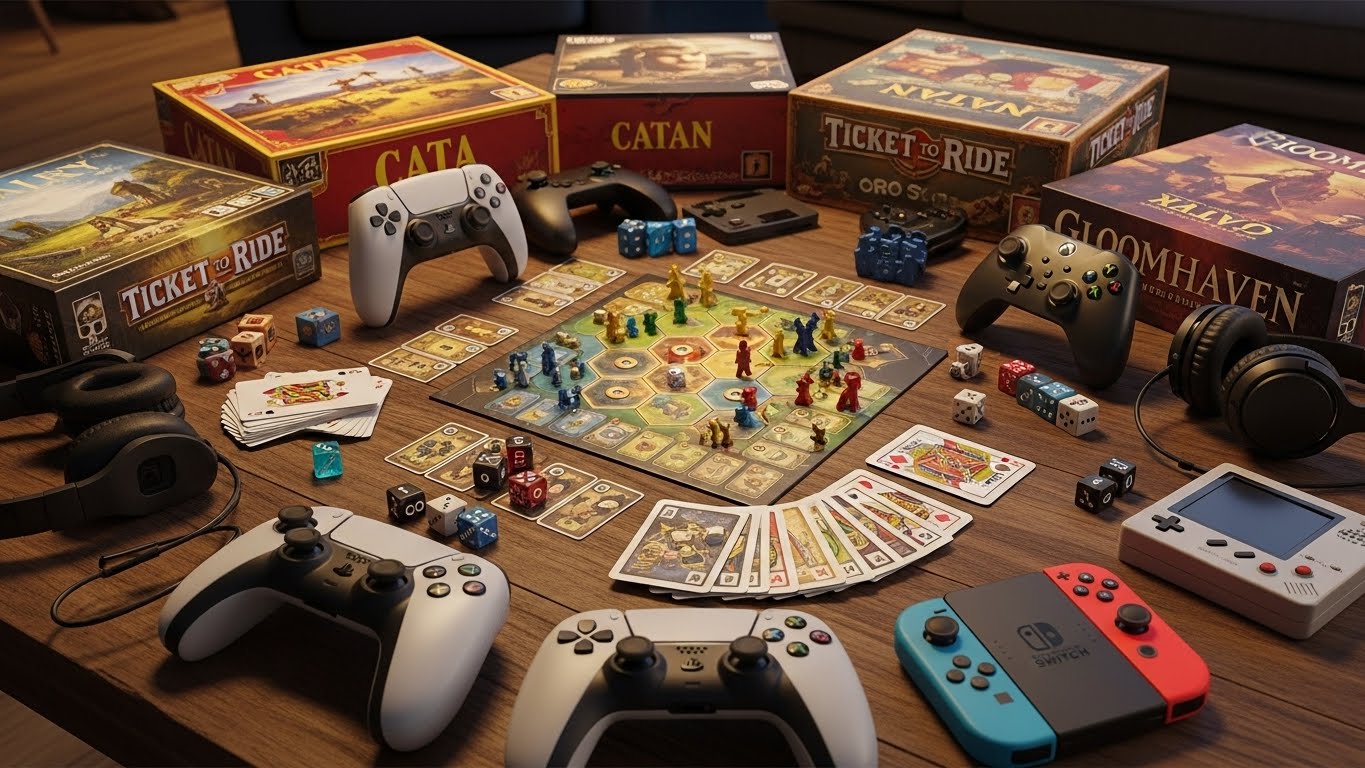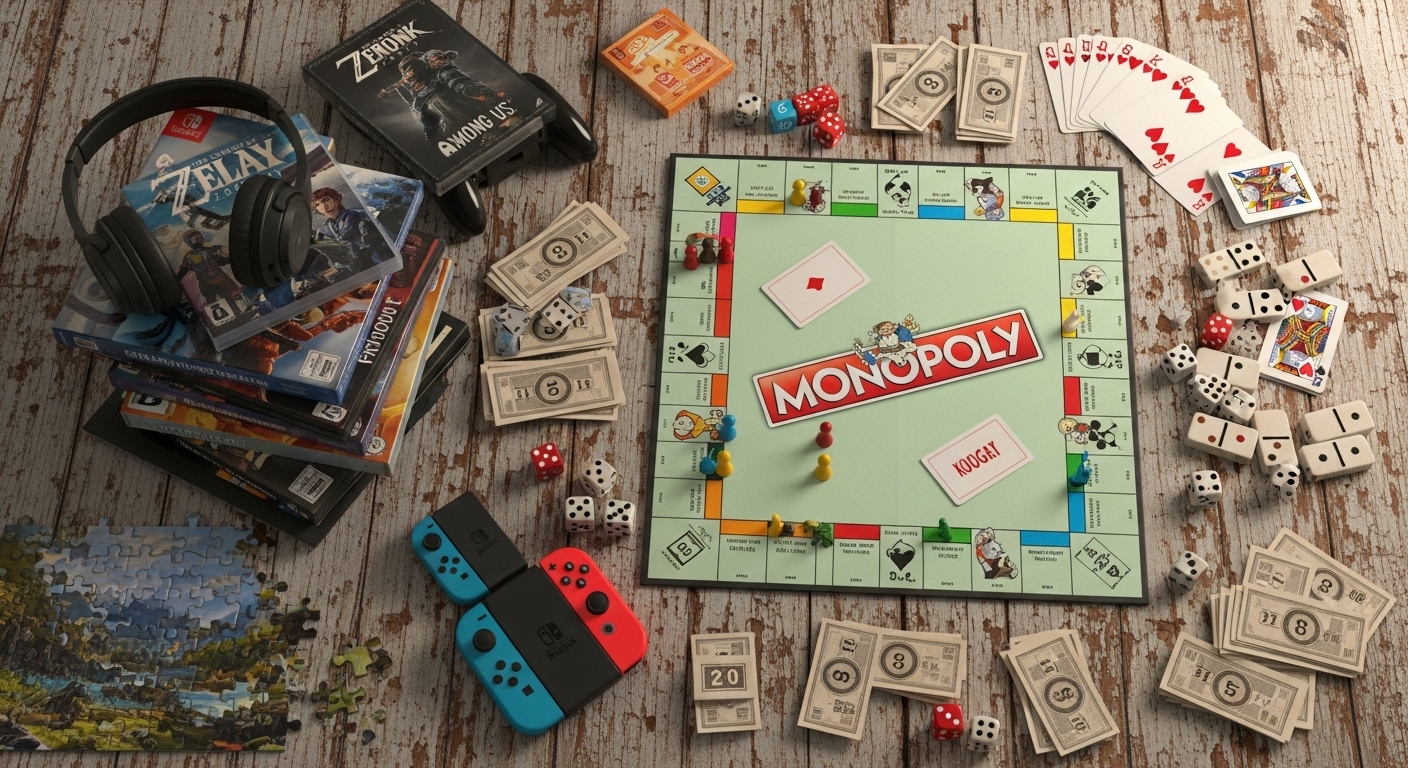Introduction
Games have been an essential part of human culture for centuries. From traditional board games to modern digital experiences, games provide entertainment, challenge, and opportunities for social connection. They are more than a way to pass time—they teach strategy, improve cognitive skills, and bring people together across all ages and cultures.
The Evolution of Games
Games have come a long way from ancient pastimes like chess, dice games, and outdoor sports. Today, the gaming world includes video games, mobile apps, virtual reality experiences, and esports competitions. This evolution has expanded the ways people interact with games, offering both casual enjoyment and professional opportunities.
Cognitive and Skill Benefits
Playing games offers numerous mental benefits. Strategy and puzzle games sharpen problem-solving skills, improve focus, and encourage critical thinking. Fast-paced action games enhance reflexes and hand-eye coordination. Games also teach patience, decision-making, and adaptability, making them valuable tools for learning and personal growth.
Social Connection Through Games
Games are powerful tools for building relationships and fostering teamwork. Multiplayer games, whether online or offline, encourage collaboration, communication, and friendly competition. Gaming communities provide a sense of belonging, allowing players to connect with others who share their interests, regardless of location or background.
Entertainment and Engagement
At their core, games are a source of fun and entertainment. They provide an escape from daily routines while engaging players in interactive challenges. Completing missions, solving puzzles, or competing against others offers a sense of achievement that keeps players motivated and invested in the experience.
Technology and Innovation in Gaming
Advancements in technology have transformed the gaming experience. High-definition graphics, virtual and augmented reality, and intelligent game design create immersive environments. Mobile and cloud gaming make it easier than ever to play anytime, anywhere. Technology continues to expand the possibilities of what games can achieve.
Challenges in Gaming
Despite the many benefits, gaming also presents challenges. Excessive screen time, potential addiction, and exposure to inappropriate content can negatively impact players. Responsible gaming habits, moderation, and supervision are essential to ensure that games remain a positive influence.
The Future of Games
The future of gaming is bright and full of innovation. Virtual reality, artificial intelligence, and interactive experiences will redefine how games are played. Games will continue to blend education, entertainment, and social connection, making them an increasingly important part of modern life.
Conclusion
Games are more than just a form of entertainment—they are tools for learning, socializing, and personal growth. They challenge the mind, foster creativity, and build connections across communities. From classic board games to advanced digital worlds, games continue to shape the way we think, play, and interact, leaving a lasting impact on individuals and society.
I can also write a shorter, p




